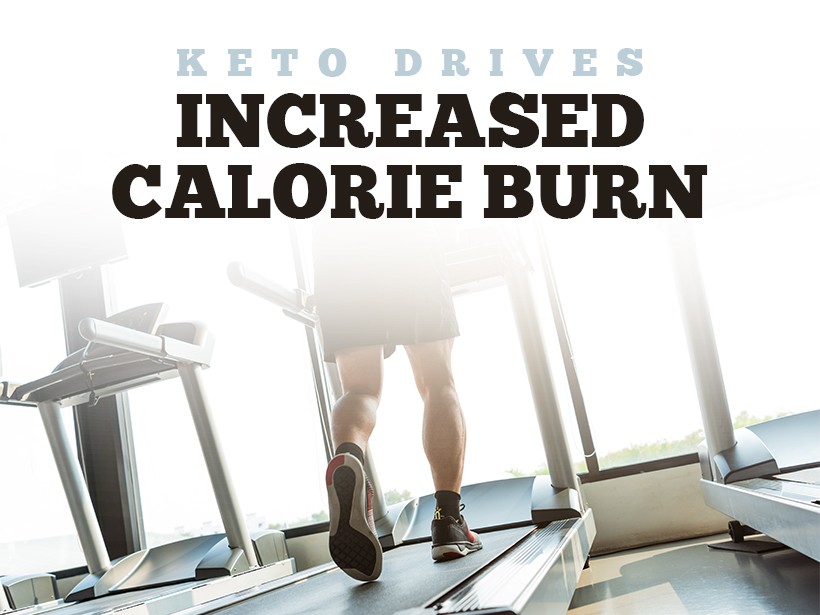A recent study on the effects of a low-carbohydrate diet helps explain why this approach to eating is successful. Not only does a low-carb diet offer satiety due to increased fat intake, making it easier to feel full with fewer calories, but this study found that a low-carb diet increases total calories burned, or total energy expenditure, despite participants consuming the same protein macros and overall caloric intake as the control group.
Caloric burn increases as carbs decrease
The authors found that, for every ten percent decrease in carbs, energy expenditure increased by 52 calories. This trend was linear, meaning that even a moderate-carbohydrate diet led to an increase in energy expenditure. However, those assigned to the low-carb diet group experienced an astounding energy expenditure increase of 209 calories per day. This effect was stronger in those who have metabolic syndrome symptoms, such as diabetes or PCOS. Among diabetic individuals, those who adopted a diet limited to 20 percent carbohydrates increased their energy expenditure by almost 500 calories per day compared to those who ate a 60 percent carb diet.
An increase in energy expenditure is essential when losing weight, because, at the end of the day, weight loss is all about decreasing caloric intake. To lose one pound, 3500 calories must be burned.1 However, two people who consume the same number of calories will not experience the same rate of weight loss.2 Different factors, such as the amount of insoluble fiber and the type of triglycerides someone consumes can affect how many calories each body burns. Two people who each consume 1,500 calories in a day but with different macro makeups (one at 20 percent carbs and the other at 60 percent carbs) will digest those calories in entirely different ways.
Low-carb diets modulate ghrelin and leptin
The study also found that low-carb diets lower ghrelin, one of the hormones that are responsible for suppressing hunger and managing energy expenditure. This helps us understand at least one of the reasons why a low-carb diet increases total energy expenditures.
Leptin was also lowered in low-carb dieters, suggesting that their leptin sensitivity improved. Initial research indicates that participants with the greatest decreases in leptin after weight loss have the lowest risk of regaining weight.3
Overall, this study gives credence to the rationale behind the low-carb diet. While counting calories to ensure a deficit is important, the type of macronutrient (protein, carb, or fat) is vital when considering both hunger level (determined by ghrelin and leptin) and actual metabolic differences. What you eat is just as important as how much of it you consume.
NUTRITIONAL DISCLAIMER
The content on this website should not be taken as medical advice and you should ALWAYS consult with your doctor before starting any diet or exercise program. We provide nutritional data for our recipes as a courtesy to our readers. We use Total Keto Diet app software to calculate the nutrition and we remove fiber and sugar alcohols, like erythritol, from the total carbohydrate count to get to the net carb count, as they do not affect your blood glucose levels. You should independently calculate nutritional information on your own and not rely on our data. The website or content herein is not intended to cure, prevent, diagnose or treat any disease. This website shall not be liable for adverse reactions or any other outcome resulting from the use of recipes or recommendations on the Website or actions you take as a result. Any action you take is strictly at your own risk.
- Keto Drives Increased Calorie Burn - July 11, 2019
- New High-Protein, Low-Sugar Greek Yogurt Hits Market - April 1, 2019
- Can Going Low-Carb Fight Back Fat? - December 4, 2018































